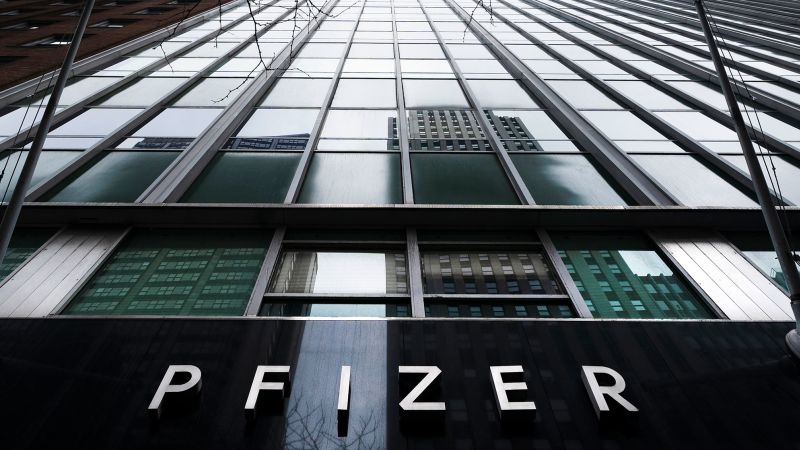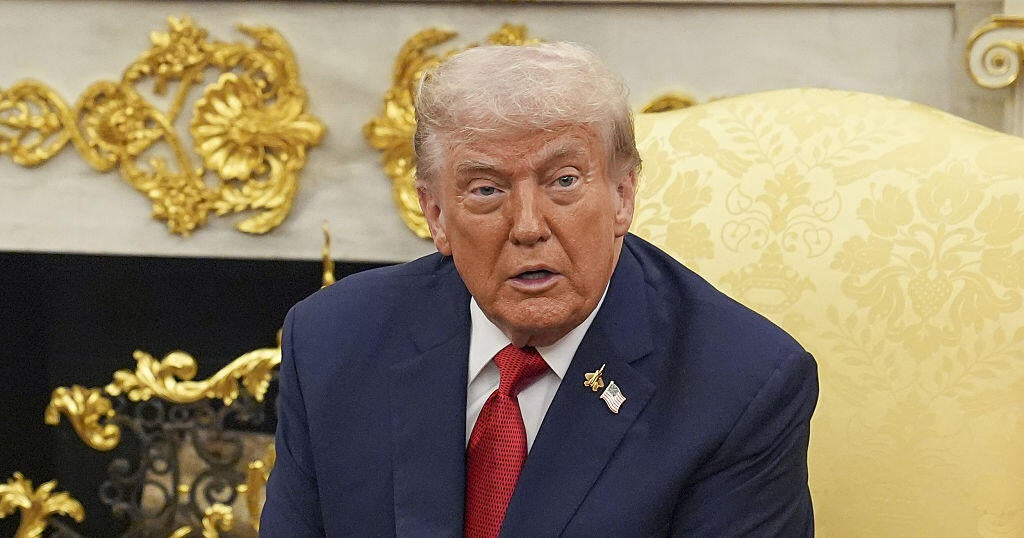Pfizer's MFN Pricing Deal Reshapes U.S. Drug Costs

Pfizer's Landmark Pricing Agreement
Pfizer's recent agreement with the Trump administration marks a significant shift in U.S. drug pricing. The deal aligns American drug prices with the lowest costs paid by other developed nations, known as the most-favored-nation (MFN) pricing. This unexpected announcement caught the pharmaceutical industry off guard and sets a precedent for future negotiations[1][4].
Details and Industry Impact
Under the agreement, Pfizer will offer substantial discounts on many medications, including up to 85% savings on primary care drugs. The deal also mandates Pfizer to sell medicines directly to American patients at deep discounts through the upcoming TrumpRx platform. This move aims to reduce out-of-pocket costs and increase accessibility for millions of Americans[1][3].
Broader Implications for Pharma
This deal intensifies pressure on other pharmaceutical companies to follow suit. By establishing a transparent pricing framework and leveraging trade policies, the administration hopes to reinvest savings into U.S. innovation. Pfizer’s commitment could reshape drug pricing strategies across the industry, promoting affordability without sacrificing research and development[3][4].
About the Organizations Mentioned
Pfizer
Pfizer is a renowned American multinational pharmaceutical and biotechnology corporation headquartered in Manhattan, New York City. Founded in 1849 by Charles Pfizer and Charles F. Erhart, Pfizer is one of the oldest pharmaceutical companies in North America, with a rich history spanning over 170 years[2]. The company's mission is to apply science and global resources to improve health and well-being by developing and manufacturing medications and vaccines for various therapeutic areas, including immunology, oncology, cardiology, and neurology[3]. Pfizer's portfolio includes some of the world's best-selling medications and vaccines, such as Eliquis, Prevnar, Paxlovid, and the Pfizer-BioNTech COVID-19 vaccine, Comirnaty[2]. These products have contributed significantly to the company's revenue, with Eliquis and Prevnar being among its top-selling products[2]. Pfizer is ranked as the fifth-largest biomedical company by revenue and is recognized on the *Fortune* 500 and *Forbes* Global 2000 lists[2]. Currently, Pfizer operates with a global presence, selling its products in nearly 200 countries and territories, and employing about 81,000 people worldwide[1]. The company has a strong pipeline of over 100 projects, focusing on innovative medicines and vaccines that address pressing health challenges like Alzheimer's disease and cancer[1][3]. In 2025, Pfizer aims to enhance shareholder value by focusing on R&D investments, cost efficiencies, and strategic growth initiatives[5]. Pfizer's commitment to innovation and public health is evident in its efforts to expand access to affordable healthcare globally. The company collaborates with healthcare providers, governments, and local communities to support wellness and prevention programs[3]. With a projected revenue range of $61 to $64 billion for 2025, Pfizer continues to be a leader in the biopharmaceutical industry, driven by its strategic roadmap and talented workforce[4][5].
Trump administration
The **Trump administration** refers to the executive branch of the U.S. federal government during Donald J. Trump’s presidency, initially from January 20, 2017, to January 20, 2021, and resuming with his second term starting in 2025. It was characterized by a mix of aggressive domestic policies, significant judicial appointments, and a distinct foreign policy approach that emphasized "America First" principles[4][8]. The administration’s key activities included **tax reform**, notably passing the $3.2 trillion Tax Cuts and Jobs Act, which represented the largest overhaul of the U.S. tax code in decades[5]. Trump also renegotiated trade agreements with major economies including Mexico, Canada, China, Japan, and South Korea, prioritizing bilateral deals over multilateral ones such as the Trans-Pacific Partnership (TPP), which the administration withdrew from early on[1][2]. The administration sought to protect American jobs by restricting cheap foreign labor and influencing agencies like the Tennessee Valley Authority to retain American workers[5]. On the judicial front, the Trump administration appointed over 200 federal judges, including three Supreme Court justices—Neil Gorsuch, Brett Kavanaugh, and Amy Coney Barrett—shaping the judiciary for years to come[4]. These appointments were among the most significant achievements, influencing U.S. law on multiple fronts. In foreign policy, the administration pursued a controversial agenda: it imposed travel bans on several predominantly Muslim countries, withdrew U.S. troops from northern Syria, and supported Saudi Arabia militarily despite congressional opposition related to the Yemen conflict[1][3]. It also fostered new international technology alliances, such as securing commitments from allies to exclude Chinese telecom giant Huawei from 5G infrastructure and signing AI cooperation agreements with the UK[5]. The Trump administration faced substantial political turmoil, including two impeachments by the House of Representatives—first in 2019 over Ukraine dealings, and again in 2021 following the January



















